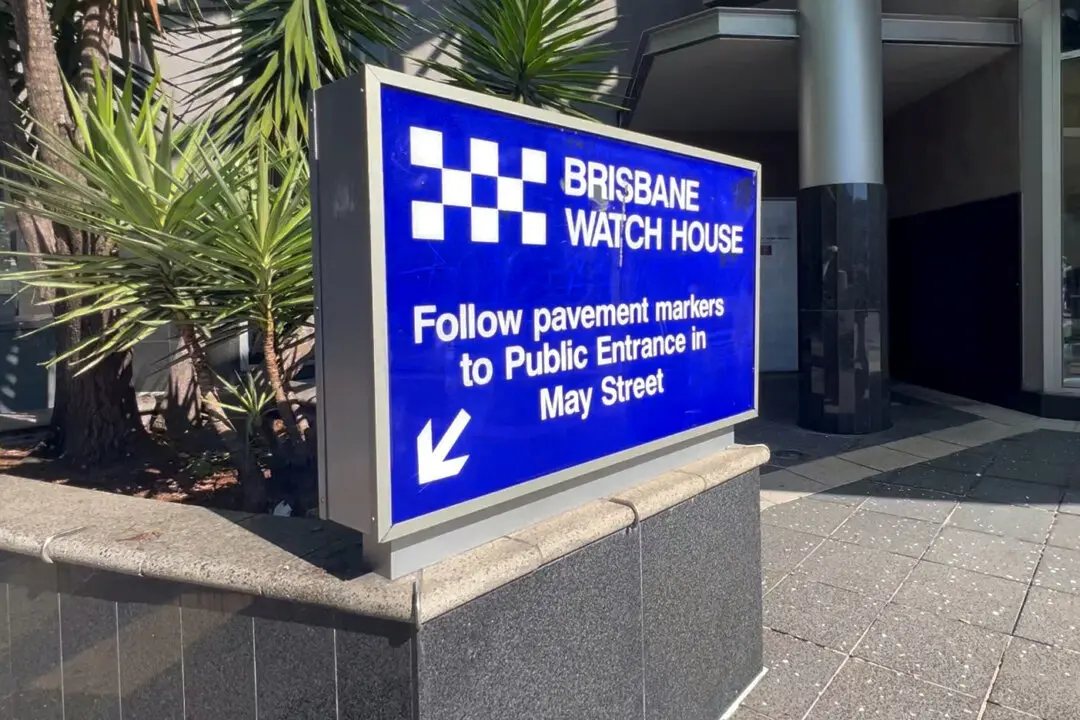New South Wales Liberal Senator Dave Sharma has raised the question of how much advertising revenue tech companies earn from children under 18.
The issue was raised during the Inquiry Into Online Safety Amendment (Social Media Minimum Age) Bill 2024—Provisions on Nov. 25. The Bill will restrict under 16 year olds from accessing social media, bar a few exceptions.





